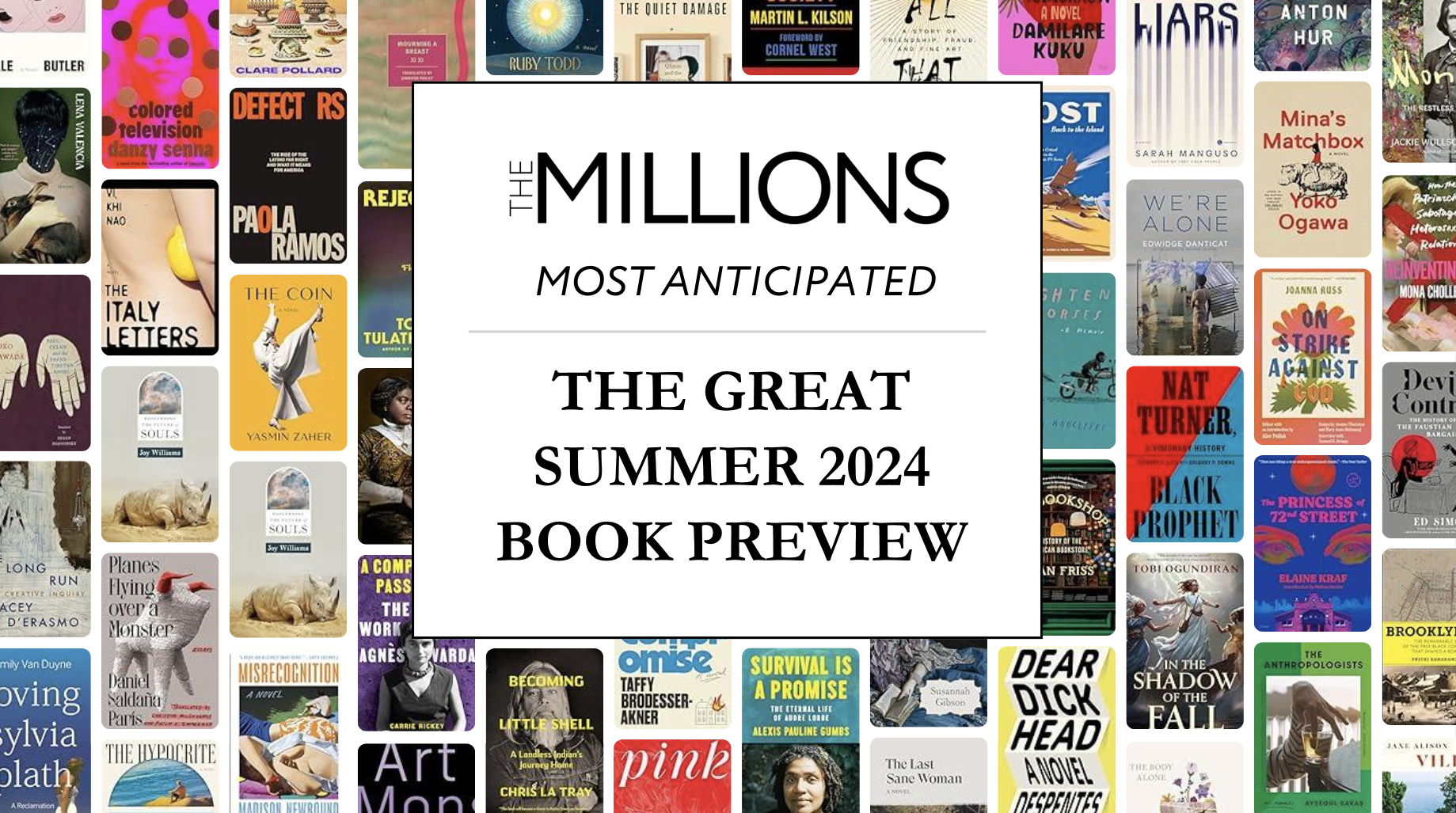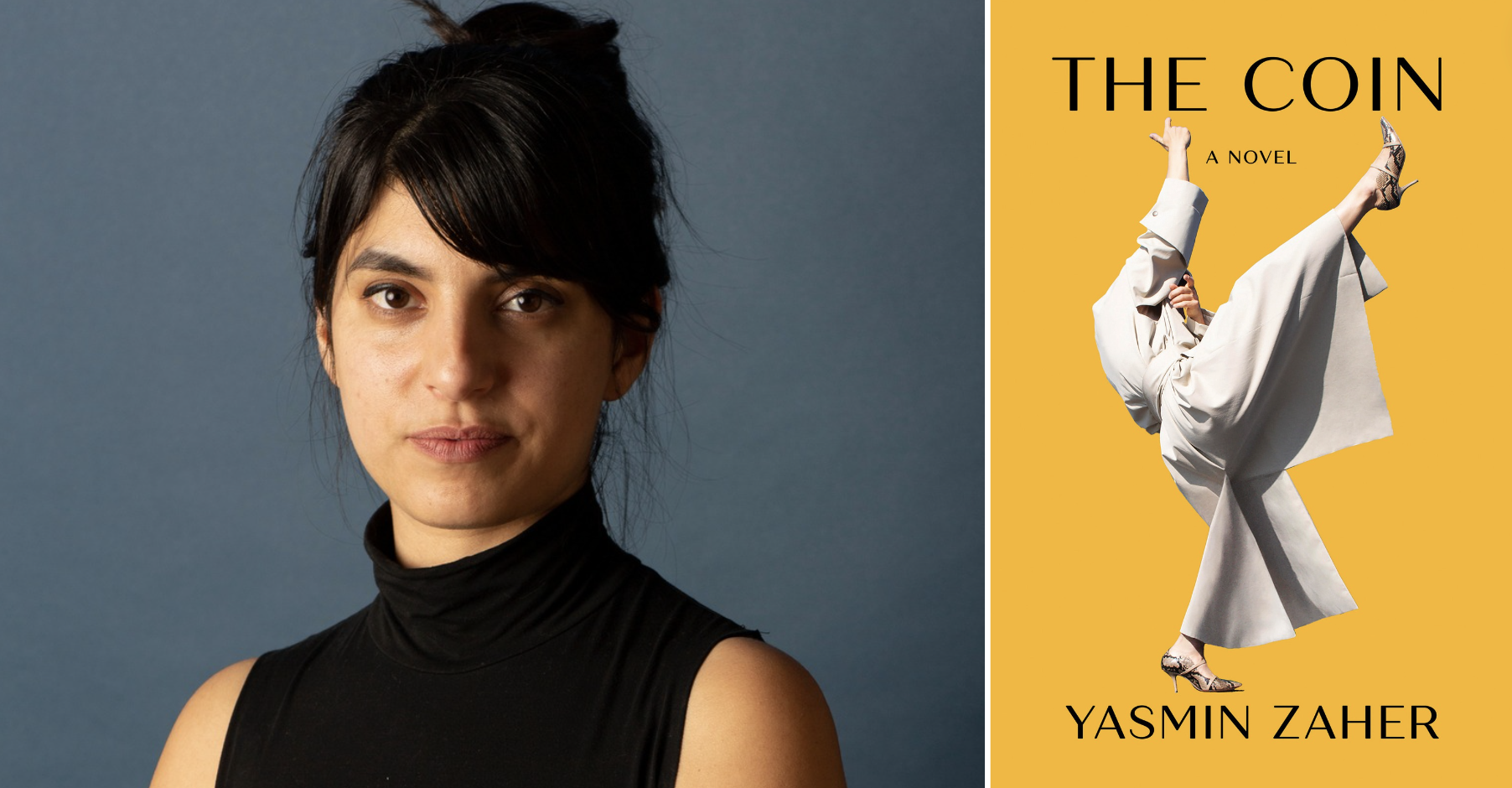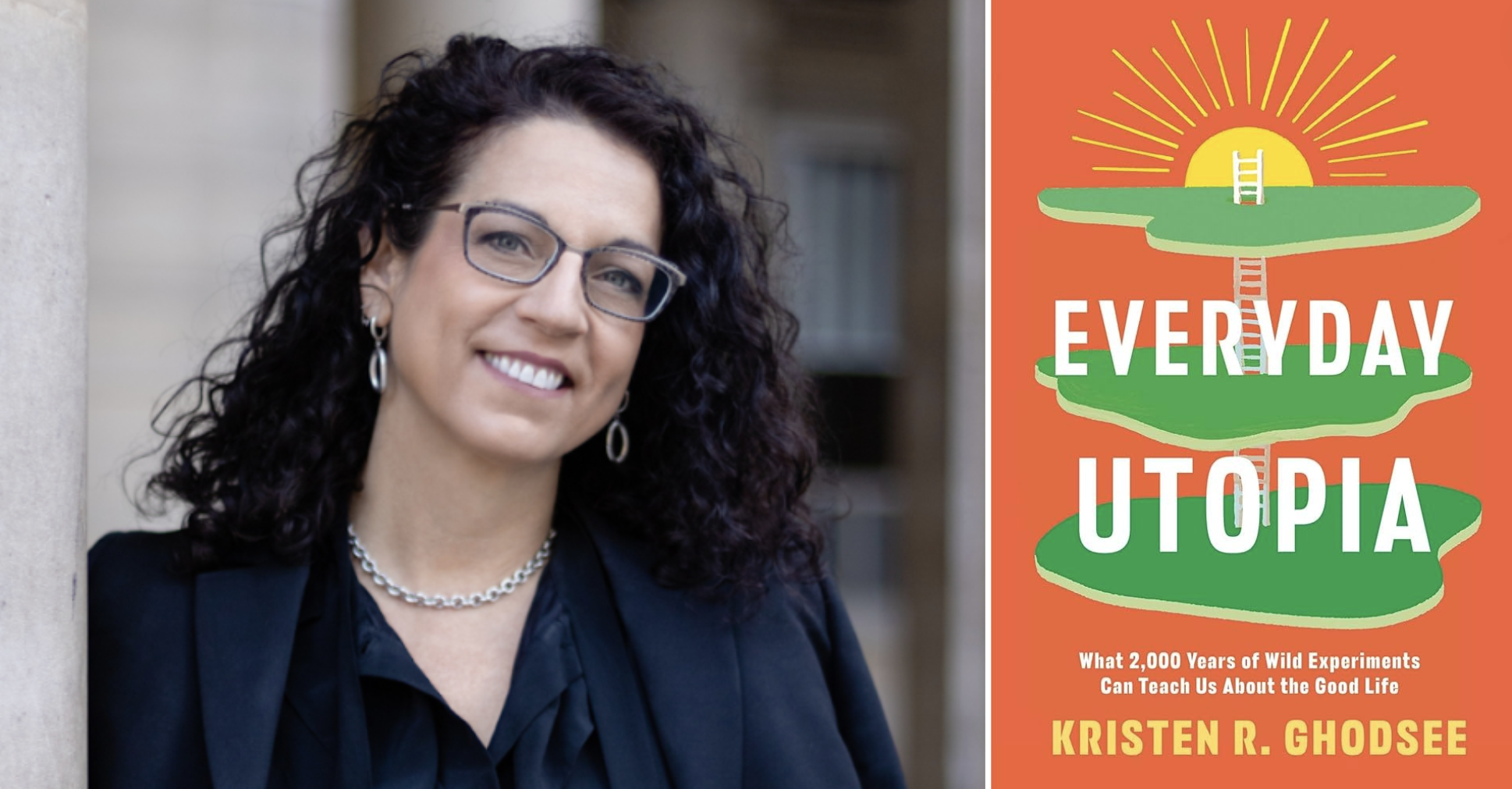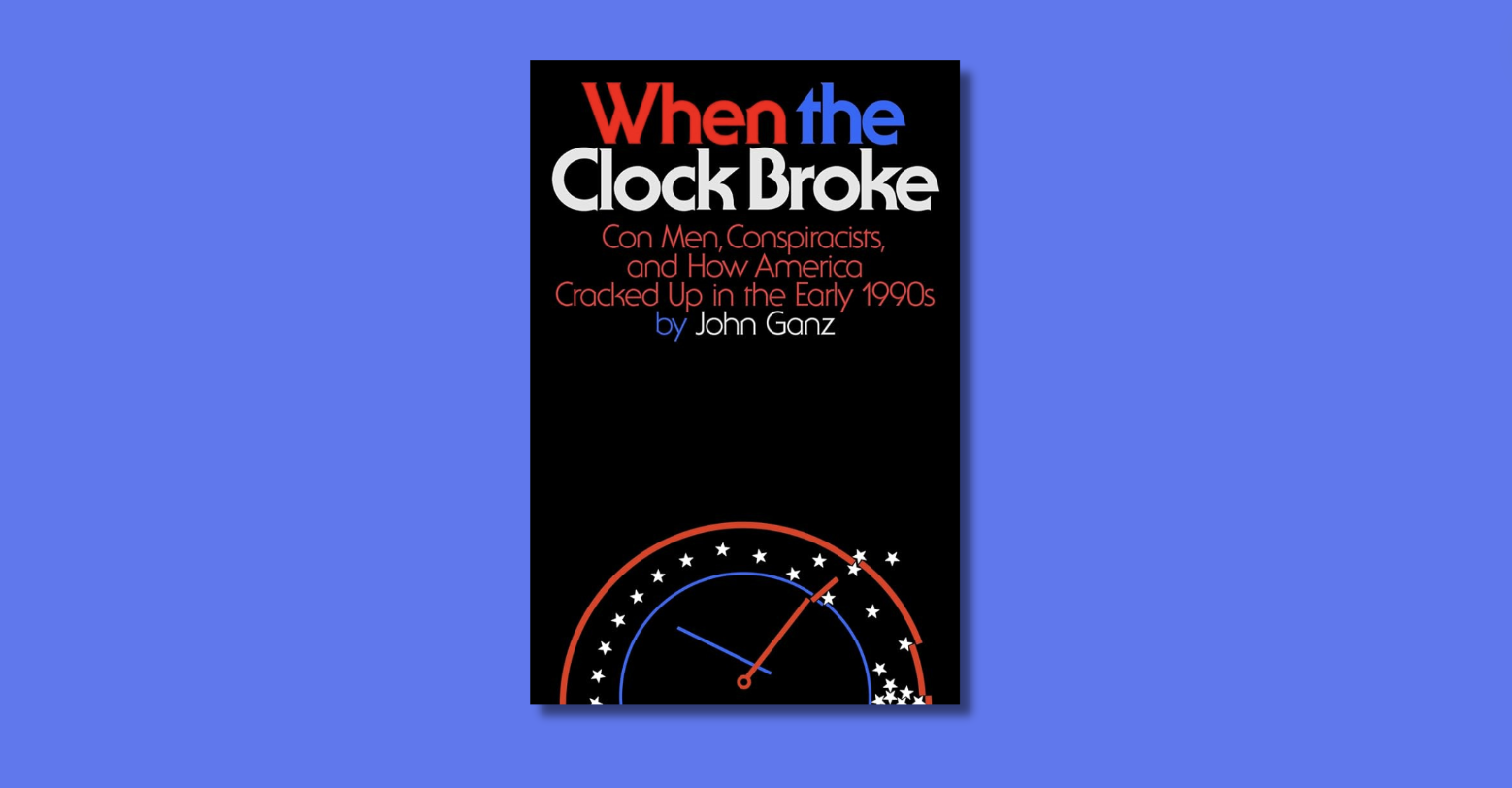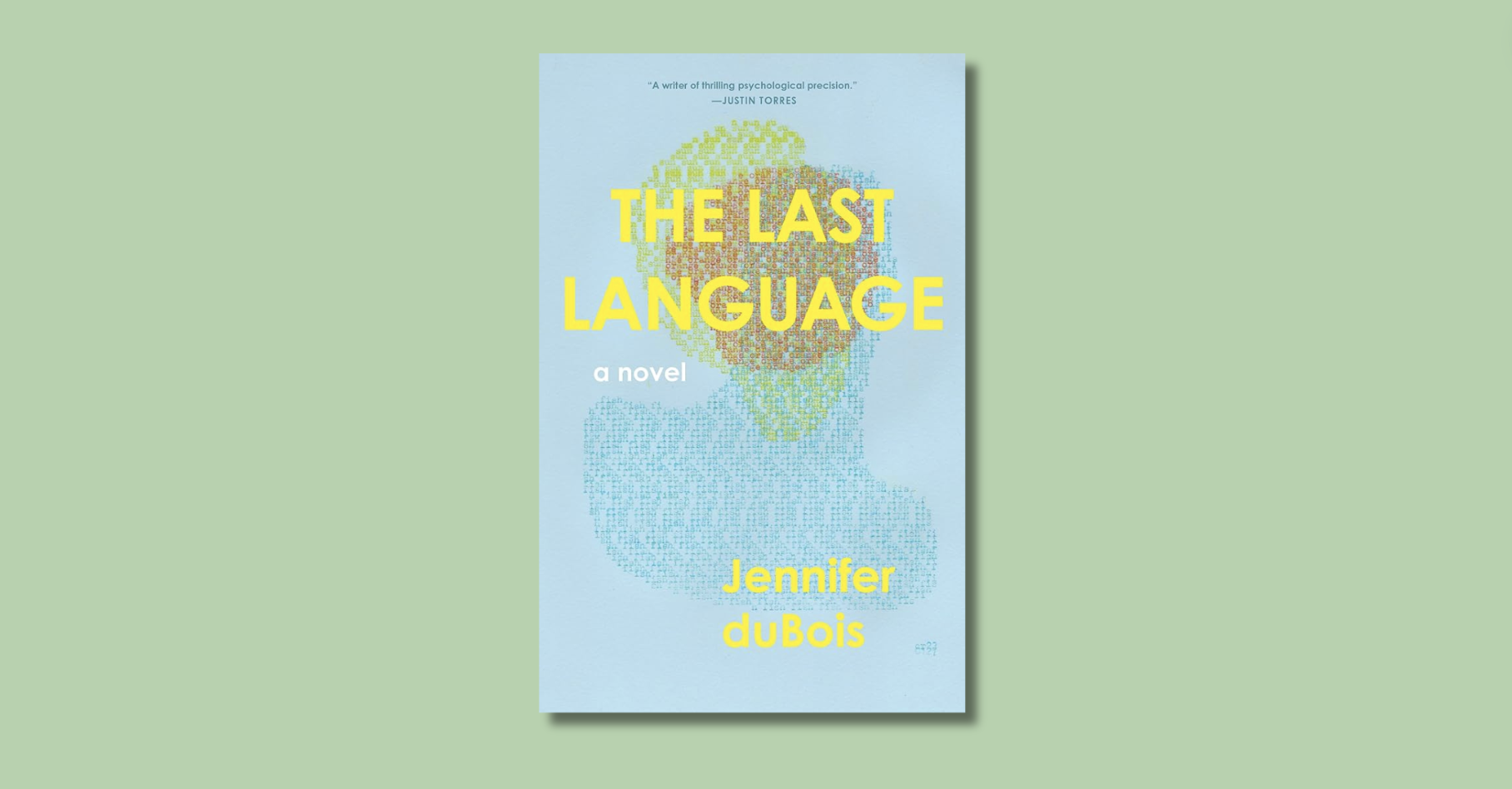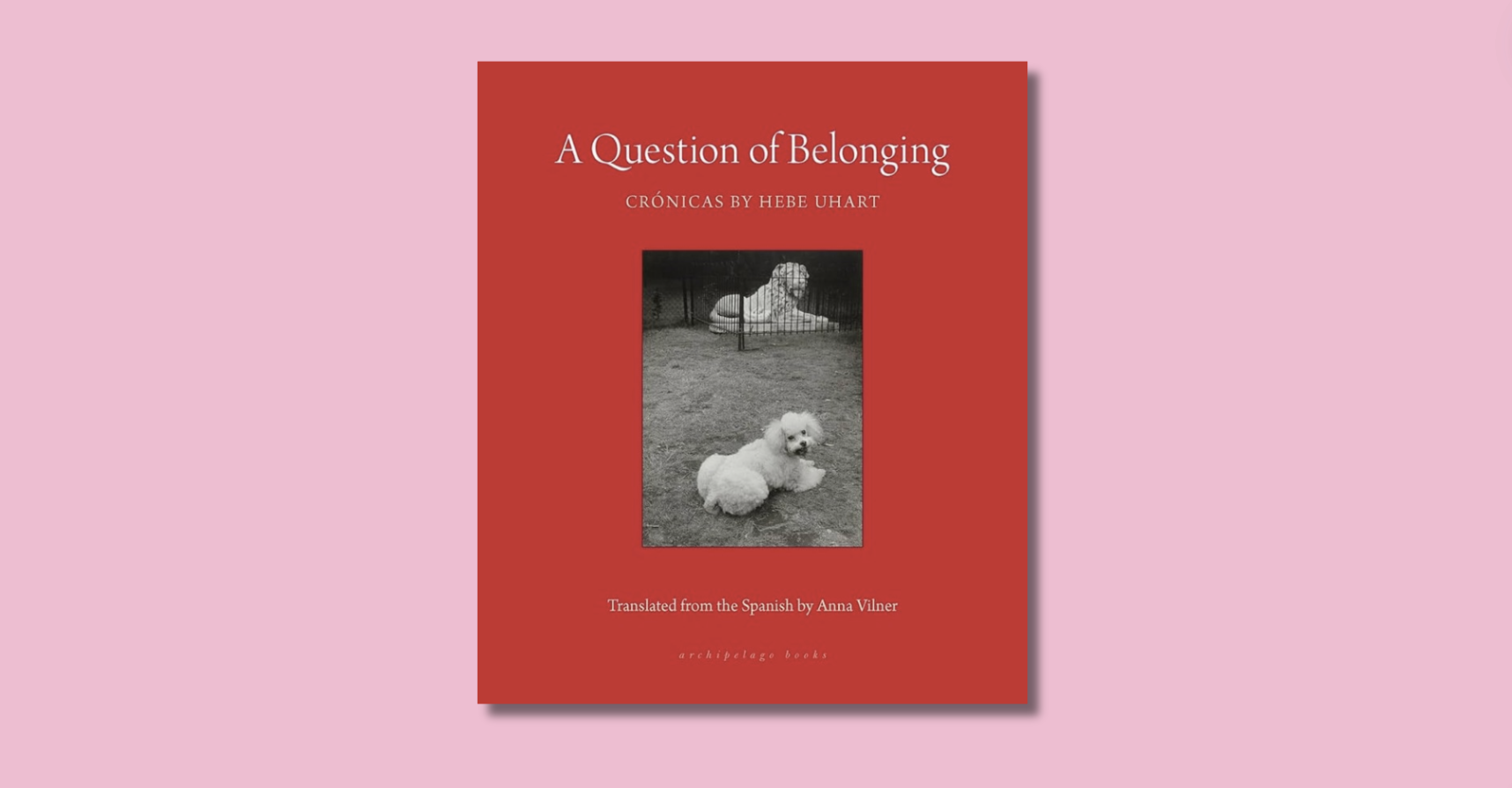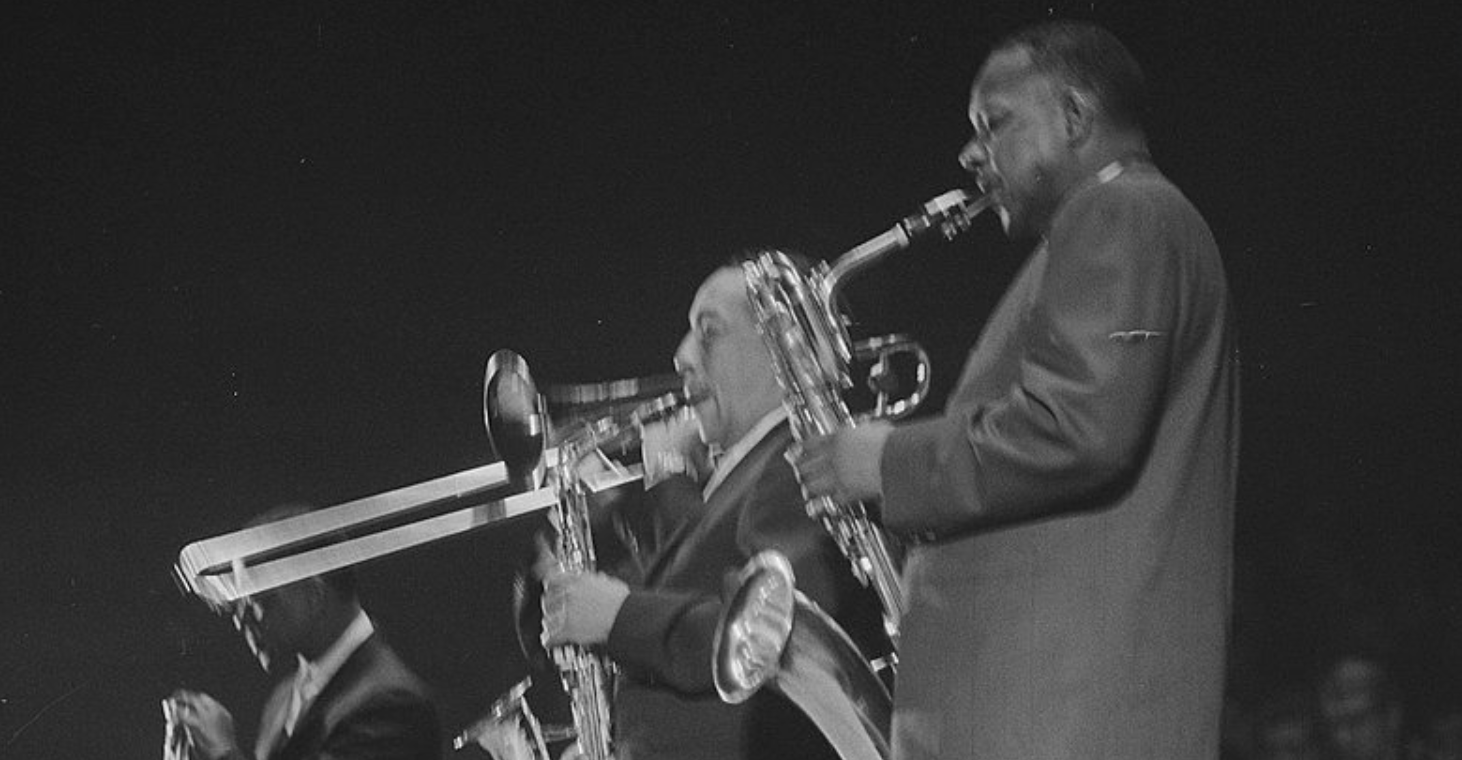
I was watching Burn Notice, the USA Network show about a suddenly unemployed and unemployable spy, when I experienced a flash of insight. “Hey,” I said to my husband. “That’s what happened to me. I’ve been burned.”
I know I’m given to hyperbole. (“Gauthier demonstrates a real talent here for humorous hyperbole and episodic classroom comedy,” a reviewer at Booklist once said of me—quite a few years back, to be honest.) So maybe I’ve only been toasted. At any rate, the scent of singed flesh hovers over me, just as it does over Burn Notice’s Michael Westen.
After a ten-year career in espionage, Michael woke up in Miami to find that he had been unceremoniously let go and blacklisted by his handlers, or burned. After a twelve-year career as a children’s writer, I received my first major rejection from my long-time publisher in March, 2008, which was kind of like being let go, leading to what has felt like de facto blacklisting, or burning. My “letting go” wasn’t as dramatic as the “letting go” Michael experienced, of course. It did not, for instance, involve my waking up in a strange bed. And while Michael has often seemed mystified about what happened to him, searching to find someone who can set him straight, I’m pretty clear on what happened to me.
But the end result is the same. Michael Westen and I had work we liked, and we don’t have it anymore. We’re burned, and we’re spending a whole lot of time trying to get back into the game.
Unlike Michael, who was a model spy, I know I made some mistakes—two standouts and probably more that I either didn’t recognize at the time or have forgotten about. The big ones, though, were working without an agent and writing the wrong book.
After many years of submitting manuscripts directly to publishers and magazines and getting only two short stories and an essay published, I had the very good fortune of having a book picked out of the slush pile by an editor at G. P. Putnam’s Sons. I am living proof that that could still happen for a lone writer back in the ‘90s. (Ah, but all kinds of good things were happening for all kinds of people back in the ‘90s. And then 2008 came.) The two of us worked together on six books over the next ten years or so, and Putnam published two more of my books after my editor moved to another house.
During that time I would meet other authors who were stunned that I had managed to get published without an agent and still didn’t have representation. I’d like to say that my independence gave me a rogue status among my peers, but, really, I always got the feeling they thought I was out of my mind. Clearly they were right. I avoided seeking out an agent because it was the path of least resistance. I was getting published without one, wasn’t I? On top of that, if you’re a writer, you hear as many horror stories about agents as you do fairy tales. Even if I stumbled upon one of the fairy tale kinds of agents, I was anxious about having to deal with another person. I understood the author/editor relationship. If I had an agent, wouldn’t I be sticking someone in between my editor and myself? Wouldn’t that be weird and difficult? So I decided that I would let things go along as they were until the folks at Putnam didn’t want something I sent them. Then I would look for an agent.
Well, there’s a decision I’ll be living with for a long time.
My second major error was spending most of 2007 writing a science fiction novel with a third-person narrator. My reasoning was: 1. I wanted to do it. 2. Some on-line friends and I were always bemoaning the fact that so little science fiction was written for children. Child readers were up to their tiny armpits in fantasy and paranormal stories, but novels about aliens and space travel and other traditional science fiction elements were much less common. We were dead sure that kids were patiently waiting for someone to write them some sci fi. 3. Children’s and YA literature are overwhelmed with first-person narrators who fall into general stereotypes. You have your wiseass first-person narrators who are social outcasts, your small-town (often southern) first-person narrators who are surrounded by quirky small town characters full of knowledge about life, your teen girl first-person narrators with teen girl friends who are all into dating and shopping, and your angst-ridden teen boy first-person narrators who, if they attend a boarding school, will almost certainly know someone who is going to die, just to name a few. With first-person narrators, it’s all too easy to end up creating a kidlit character who sounds just like one of last year’s kidlit characters who sounded like a kidlit character from the season before. Hey, I was going to break free from first-person predictability.
Some people would suggest that I made a third mistake when I didn’t run my story idea past my editor contacts before I spent a year working on it and the better part of another year revising it after its first rejection. If someone had been able to convince me to save my sci fi story for another year—or decade—I would have been spared the experience of learning that some agents won’t even consider science fiction. And then there was that third-person narrator I was so excited about. I was the only one. Of the agents who did agree to take a look at my novel, more than one said he or she had trouble connecting with the main character, something that might not have happened if poor Olivia had told her story directly, in the first person.
Oddly enough, Michael Westen is a first-person narrator, giving viewers spy info in voiceovers. Michael has no trouble connecting with people, by the way.
We may differ on how to tell a story, but Michael and I are similar in that we both have a history. We have experience in our field. I, for instance, have had those eight books published with a major publisher. My agent quest cover letter described my ALA Notable Book, my titles published in Germany, France, Italy, and Japan, my three books that had gone into paperback editions, my sales of paperback book club rights, and my two Junior Library Guild Selections. What it didn’t describe were bestsellers or even big sellers. I am what is known as a mid-list writer, which means that my books sell modestly over a number of years rather than racking up the big numbers during their initial publishing seasons. Therefore, though I have a publishing history, it isn’t what you’d call a big draw. The mid-list, where I was quite comfortable, by the way, is not a particularly popular place under the best of economic times. It’s looking a little seedier than usual right now when there’s not a lot of money to spread around among all the books being published each year, forget about the books from a few years back.
So there I was, a mid-list author approaching agents with a novel, the genre of which wasn’t eagerly embraced, written in the third-person when first-person was all the rage. If this were an episode of Burn Notice, Michael would use a first-person voiceover to say, “Good writers/spies negotiate when they’re in a position of power, when they have something so desirable to sell that they can, in fact, sell it themselves. They do not wait until they have a manuscript/intel that few people want.” Then he would go on to explain how to use guile to deal with this awkward situation. But it’s not an episode of Burn Notice. Besides, I am short on guile. I am not good with guile at all. So I continue to smolder.
Three of my books went out of print this past year, which isn’t the end of the world. I know because I’ve had books go out of print before. It is the fate of all books, particularly now when schools and libraries, the traditional market for hardcover children’s books, are struggling financially. But the loss of those titles raised a few more blisters than usual this time, coming so close together and so soon after my failure to find my book a home or even a champion. A speaking engagement and book signing at a library for this fall fell through because the only book I have left now is for a younger audience than my contact was working with. School and library visits, the time-honored method of marketing and generating extra income for children’s writers, have been drying up these past few years, anyway, to the point where I think it’s safe to say I rarely make them. On top of everything else, traffic at my blog is way down, and my small following of commenters has up and disappeared.
I smell smoke.
I like to think that I’m holding up after my burning better than Michael Westen is after his. I’m not running around with guns and explosives, at least. I know that I’m not the only writer suffering. It’s not so much that misery loves company as that I can’t come up with a reason to expect my situation to be better than that of all the other writers (many with agents) who are also having trouble selling their next books. Nor can I come up with a reason to expect my situation to be better than that of all the other people in all walks of life who are struggling in this post-2008 world. And, like Michael, I still have a few contacts from my old work life—a couple of friendly editors and an agent who said she would look at another submission. I have some places I can take the book I’m working on now, the one that is most definitely not science fiction and uses a first-person narrator. I am not without resources.
I didn’t have any resources years ago when I was, as we say these days, a pre-published writer. As a child, I lumped becoming a writer in with…becoming a spy. Or a cowgirl, a private detective, or an astronaut. They were fantasy jobs. The odds of any one particular person being able to get a G. P. Putnam’s Sons to publish her books…or to get a government agency to employ him as a spy…were laughably small. One of my family members has indicated that my oppressive optimism is my very worst flaw, but, nonetheless, I can’t help but believe that the odds against making a writing comeback won’t be anywhere near as bad as they were against entering the field in the first place.
Obviously, Michael Westen feels the same way about spying or he’d have no show. The two of us continue our struggles, episode after episode and submission after submission, believing that some day we’ll be back where we used to be. No further ahead, perhaps, but at least working.
(Image: flame, from calliope’s photostream)
